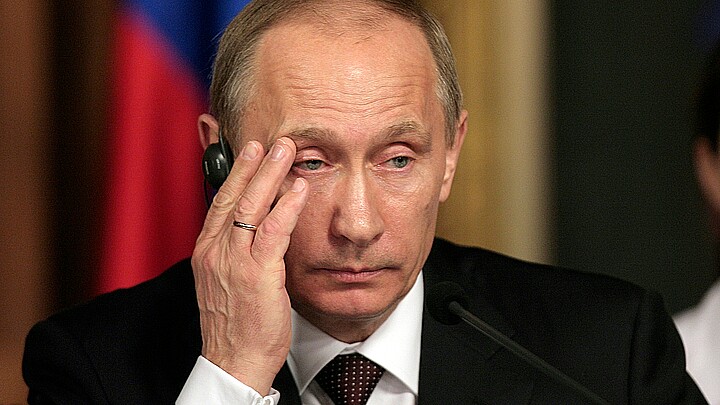Health
Russians rush to buy antidepressants, sleeping pills as sanctions kick in
According to a report by the DSM Group for Russia’s Vedomosti newspaper, Russians bought 270.5 million medicinal items in pharmacies between Feb. 28 and March 13, spending more than $1.04 billion
March 30, 2022 2:46pm
Updated: March 31, 2022 12:27pm
As Western sanctions continue to devastate the Russian economy, data released last week shows that Russians are rushing to stock up on prescription medication – including sleeping pills and anti-depressants – often buying medicine in bulk in fears that supplies might soon run out.
Although polls suggest that most Russians support Russian President Vladimir Putin’s decision to launch his “special military operation” against Ukraine, social media posts, interviews and anecdotal evidence suggests that many Russians feel devastated by the severity of Western sanctions and concerned about the implications on their national economy – especially, it seems, on the health front.
Since Russian forces first entered Ukraine on Feb. 24, countless foreign brands have announced their departure from the Russian market, the value of the ruble has fallen to historic lows and consumer prices have skyrocketed as many products disappear from the shelves, Reuters reported.
According to a report by the DSM Group for Russia’s Vedomosti newspaper, Russians bought 270.5 million medicinal items in pharmacies between Feb. 28 and March 13, spending more than $1.04 billion – a figure comparable to the total sales for the month of January when Russian bought 288 million medical items.
Although the data did not specify which brands were purchased, experts from the DSM Group signaled that there was a significant increase in demand for foreign-produced anti-depressants, sleeping pills, insulin, cancer and heart drugs, hormones and contraceptives.
"It was fear," DSM Group chief Sergei Shulyak told reporters.
"The first fear was that everything could get more expensive and the second fear was that medicines they need won't be available in some time. Those fears moved people. They stood in lines at pharmacies and bought everything."
While Shulyak claimed that “hysteria” had caused a temporary shortage of some medicines, he was cautiously optimistic that the situation would stabilize in time as Russian manufacturers are still able to produce generic drugs and many foreign producers have signaled that they will continue to supply Russia – albeit at higher prices.
But even as Russian drug producers have warned that they face sourcing issues as Western sanctions continue to restrict trade, many Russians said they were unfazed by the panic.
"There might be some (shortages) especially if the medicine is imported, but I think it will all come back because politics is politics, economics is economics," said Vladimir, a Moscow resident. "They (the drug manufacturers) all need to sell, they all need to gain profit, so it’ll all be back."







